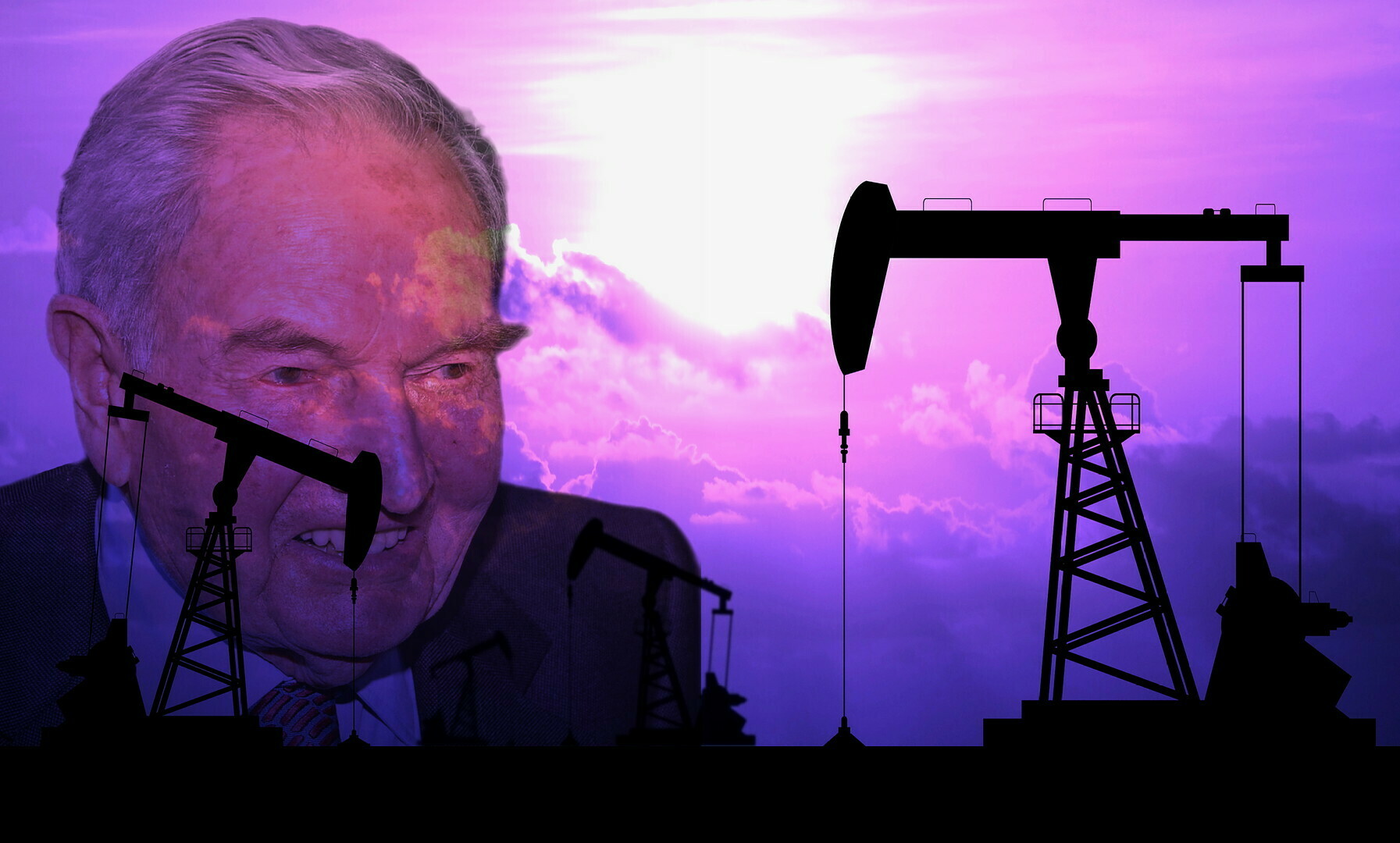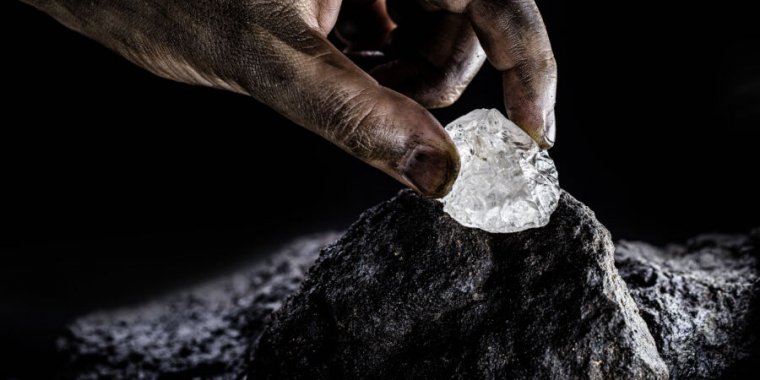https://youtube.com/watch?v=ej5UZFHoShc
The spiritism religions of South America include ideas of astral cities which are rather like earth and have structures and activities like earth. People who do astral traveling report all kinds of structure, hierarchy, etc.
Once one accepts that these accounts may be more than singular imaginings and point to a finer BUT material construction, then one questions WHY this whole HUGE creation (?) looks like earth or we look like it. #WHY #SUFFERING!!!!
I did not make up the following but it makes sense and makes for questions I want the answers for......
#Earth as a #school makes little sense if you cannot recall what you already learned. So, WHY do we forget?
Earth as a #prison makes no sense at all if you are being punished for events you cannot recall.
Earth as a #farm makes sense.
As above so below?
BELOW, it is acceptable to manipulate others.
It is acceptable to use others energy.
It is acceptable to use MIGHT (force, power) 0ver right.
We are born into #trauma. We are #damaged by our exposure to #poisonous mind/body/soul #assaults. We are pitted against the rest of us #traumatized #beings in a #world of " #scarcity" where we literally BUY our debt and can never be free of it UNLESS we leave "society".
It looked like the deaths we will face would release us, I thought. I AM NOT SURE ANY LONGER WHAT IS true and #how should we face these issues?
MY personal take is that I feel a relationship with a power greater than I am who HELPS me. I have had interesting experiences with knowing things but the knowings are NOT academic or wordy or educational. There is a sense of well being and protection. There is NO info to share. THERE IS energy of positive nature to extend. There is emotional healing. There is insight on a feeling level I translate.
Others have much mental/spirit INFORMATION from some "other" realm. They GO somewhere and it seems an established "place" and others GO there too? The glimpses I have heard reported have some serious holes of incongruity that need clearing up for me.
For instance, why DO people (including Edgar Cayce) share there are discrete "Libraries" where beings "go" to learn things (so there is not any OMNISCIENCE). People are sometimes FORCED to return in NDEs.(Free will?). People report needing to go through further "learning" to get close to "God"(and others say you cannot from where they re situated reach God). IS not God OMNIPRESENT?
God as Omnipotent made it all but we don't get to be there as we cannot handle it?
Here on earth events indicate the " #technocratic world" life is OBVIOUSLY becoming #insufferable. We are placed in tracks (like educational/work) which are dependent on other tracks to function in a convoluted system that is apparently VERY entrenched in a HUGE realm where we cannot reach the "boss". Does it end?
AS above so below is feeling oppressively like we are in a farmed, controlled, imprisoning trap that will not end until we can stand up and spit it out. That takes some major stand alone ability. Can we?
We are told to stand for ideals then I learn the lies and tricks in every corner mean we are in a circular arrangement, a wheel. There are also wheels within wheels. You do not know who/what you REALLY supporting BECAUSE we cannot suss when we cannot read others intentions.
This "knowing" that I have is all I can go on and it feels like I have a spherical beingness (and it is not a human or any form... much like a space of contained charge) which is held in an energy WAY greater than possible to imagine BUT real and present and personal. Since everything I can think is part of the spin, I can observe everything as equally unimportant in the big picture. Even what I am writing here is a spin. PARADOX rules. The point is to be observational and curious about what is interesting IMO>
My plan is when I die to already be well established in focus on staying in this space with the Unknown god. Maybe I am just deluded but every day I affirm my relationship to ORIGINAL source energy of an Unknown yet energetically tangible nature, I feel more certain and it reveals info confirming itself. That is tricky. Therefore, I have to be comfortable with allowing ambiguity. I am IN a zone of singular protection because I requested it. Everyone can choose whatever they wish. The realest thing IMO we can know is that we have an observing "I am". Maybe I am wrong every where else.
What appears IN DAILY life is positive. Since I actually FEEL connected, I am not looking for help. IMO the spin being promulgated by demiurge energies, who may own EVERYTHING MATERIAL (nonphysical included) will NOT do me in.
This is all mysterious. I am still wondering why I feel this sense of Presence that communicates as if it is in my physical "universe" through feelings of energy and that life is easier and richer without any particular effort. This seems great though isolated. I want others to have this ease and to escape any "traps".



